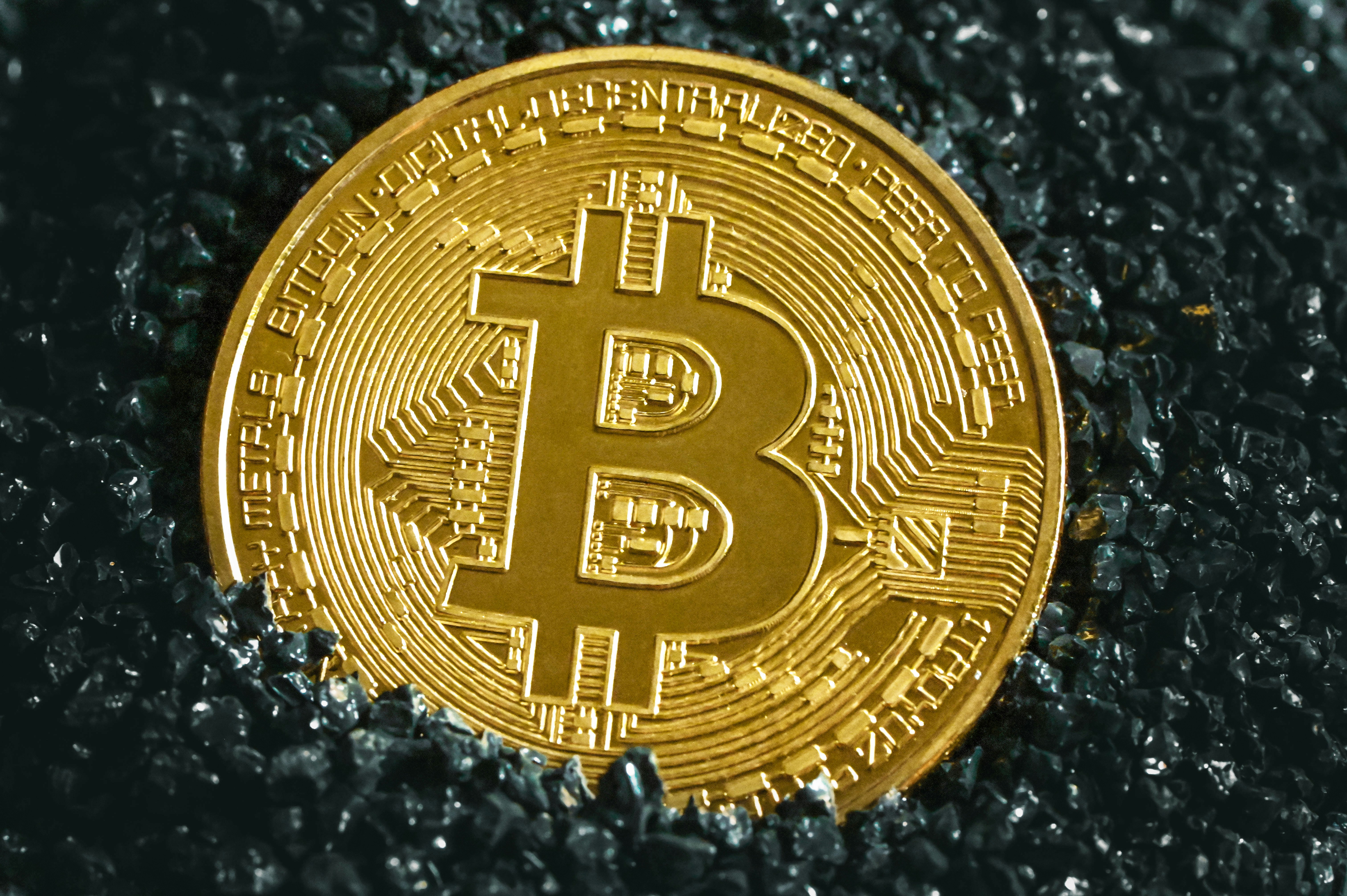Key Takeaways
OFAC’s Mandate: This U.S. Treasury agency enforces economic sanctions against targeted individuals, groups, and nations.
The Screening Process: Financial firms check transactions against OFAC's list of specially designated nationals and blocked persons.
Crypto Compliance: Bitcoin exchanges must screen transactions to prevent sanctions violations and avoid significant legal penalties.
What is OFAC Screening?
OFAC screening is a mandatory check financial institutions perform, comparing transaction details against U.S. sanctions lists. The primary target is the Specially Designated Nationals (SDN) list. For example, if an individual on this list attempts to wire $50,000, the system must flag and block the transfer, effectively cutting off their access to the U.S. financial system.
For Bitcoin, this process extends to wallet addresses. An exchange must screen transactions to ensure they don't involve sanctioned entities. If a flagged address tries to move even 0.05 BTC, the platform must freeze the funds. Failure to comply can lead to penalties often exceeding $1,000,000, making robust screening a critical function for any crypto business.
Regulatory Context and Scope of OFAC Screening in Banking and Crypto
OFAC's authority stems from broad federal powers, compelling all U.S. persons and companies to comply with its sanctions programs. This jurisdiction extends globally, covering traditional financial institutions and the world of digital assets. Consequently, both a Wall Street bank and a Bitcoin exchange share the same fundamental compliance obligation.
In practice, the scope differs slightly between the two sectors. Banks scrutinize wire transfers and customer accounts, while crypto platforms focus on wallet addresses and transaction data. The objective remains identical: to identify and block any activity involving sanctioned parties, preserving the integrity of the financial system.
Data Sources, Watchlists, and Matching Methodologies for OFAC Screening
Effective OFAC screening hinges on reliable data and sophisticated matching techniques. Financial institutions, including crypto exchanges, pull from various information streams and compare them against official government watchlists. This process uses specific methods to identify potential sanctions violations with high accuracy.
- Data: Transaction details, customer identification, and originator or beneficiary information.
- Watchlists: The primary source is OFAC's Specially Designated Nationals (SDN) list.
- Matching: Algorithms apply exact and fuzzy logic to account for spelling variations.
- Technology: Automated screening software processes high volumes of transactions in real-time.
Implementing OFAC Screening for Bank Accounts, Wire Transfers, and Crypto Wallet Addresses
This is how you integrate OFAC screening across financial and crypto operations.
- Aggregate customer and transaction data, including names, locations, and crypto wallet addresses, into a centralized system.
- Continuously update your system with the latest OFAC watchlists, particularly the Specially Designated Nationals (SDN) list.
- Apply a screening engine that uses both exact and fuzzy matching algorithms to compare your data against the watchlists in real-time.
- Establish a clear protocol for investigating flagged activities, blocking prohibited transactions, and filing required reports with the authorities.
Managing Alerts: False Positives, Escalations, and Recordkeeping
An effective OFAC screening system generates alerts, but not all are genuine threats. Managing this flow requires a structured process to sort through false alarms, address real risks, and maintain meticulous records. This discipline is crucial for compliance and operational efficiency.
- False Positives: Frequent alerts that match innocently, demanding analyst review to clear.
- Investigation: A systematic review of flagged activity to confirm or dismiss a potential match.
- Escalation: A clear protocol for moving confirmed hits to senior compliance officers for action.
- Reporting: The formal obligation to inform OFAC about blocked or rejected transactions.
- Recordkeeping: The requirement to document every alert, investigation, and decision for audit purposes.
Enforcement Risks, Penalties, and Emerging Challenges (DeFi, Mixers, Cross-Border Sanctions)
Failure to adhere to OFAC mandates results in steep fines and legal action. The next frontier of compliance involves decentralized finance (DeFi) and privacy tools like mixers, which challenge traditional screening models by design. As global sanctions regimes diverge, firms face a complex web of rules. A forward-thinking compliance framework is not just about avoiding penalties, but about building a resilient financial future.
OFAC Screening in Action: The Lightspark Grid Architecture
Lightspark Grid integrates compliance directly into its payment infrastructure. While developers focus on building payment applications, the platform manages the underlying regulatory duties. The system offers built-in compliance controls and automatically performs compliance checks on transactions. This architecture is designed to address complex rules, including OFAC sanctions, by embedding screening into its core operations. This approach removes a significant operational burden from businesses using the API for global payouts or Bitcoin rewards.
Commands For Money
Lightspark Grid provides the foundation for your global payment applications, with compliance built into its core. You can send and receive value worldwide, confident that the platform is managing the necessary screening protocols. Get early access and start building on an open, programmable money network.


